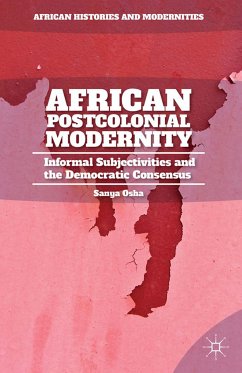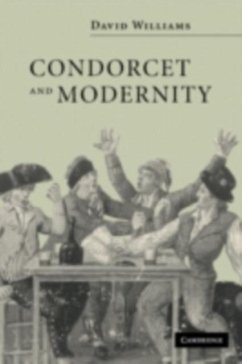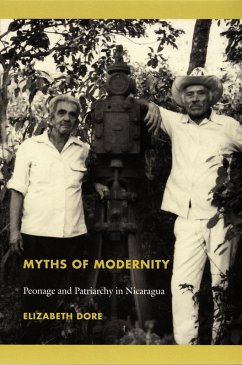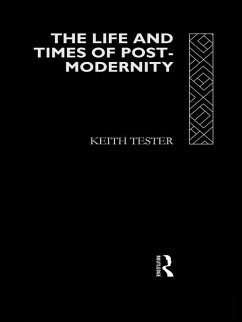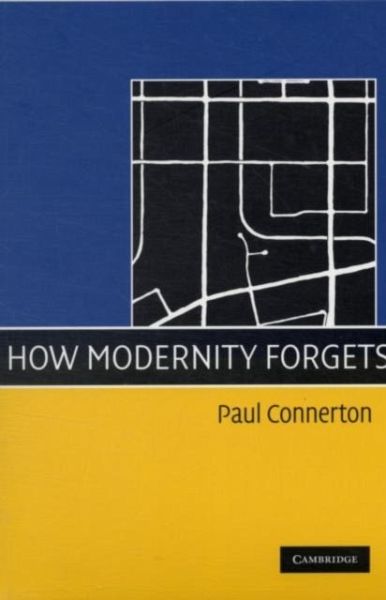
How Modernity Forgets (eBook, PDF)
Versandkostenfrei!
Sofort per Download lieferbar
19,95 €
inkl. MwSt.
Weitere Ausgaben:

PAYBACK Punkte
10 °P sammeln!
Why are we sometimes unable to remember events, places and objects? This concise overview explores the concept of 'forgetting', and how modern society affects our ability to remember things. It takes ideas from Francis Yates classic work, The Art of Memory, which viewed memory as being dependent on stability, and argues that today's world is full of change, making 'forgetting' characteristic of contemporary society. We live our lives at great speed; cities have become so enormous that they are unmemorable; consumerism has become disconnected from the labour process; urban architecture has a sh...
Why are we sometimes unable to remember events, places and objects? This concise overview explores the concept of 'forgetting', and how modern society affects our ability to remember things. It takes ideas from Francis Yates classic work, The Art of Memory, which viewed memory as being dependent on stability, and argues that today's world is full of change, making 'forgetting' characteristic of contemporary society. We live our lives at great speed; cities have become so enormous that they are unmemorable; consumerism has become disconnected from the labour process; urban architecture has a short life-span; and social relationships are less clearly defined - all of which has eroded the foundations on which we build and share our memories. Providing a profound insight into the effects of modern society, this book is a must-read for anthropologists, sociologists, psychologists and philosophers, as well as anyone interested in social theory and the contemporary western world.
Dieser Download kann aus rechtlichen Gründen nur mit Rechnungsadresse in A, B, BG, CY, CZ, D, DK, EW, E, FIN, F, GR, HR, H, IRL, I, LT, L, LR, M, NL, PL, P, R, S, SLO, SK ausgeliefert werden.







